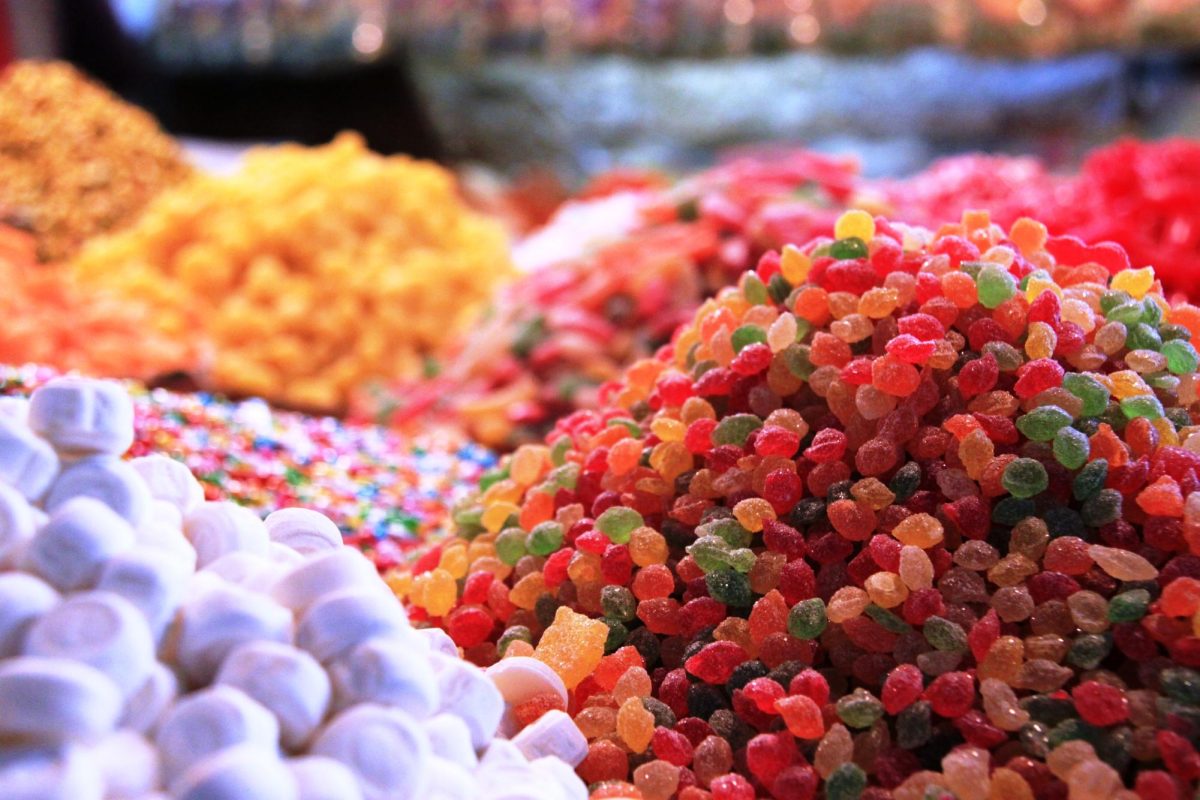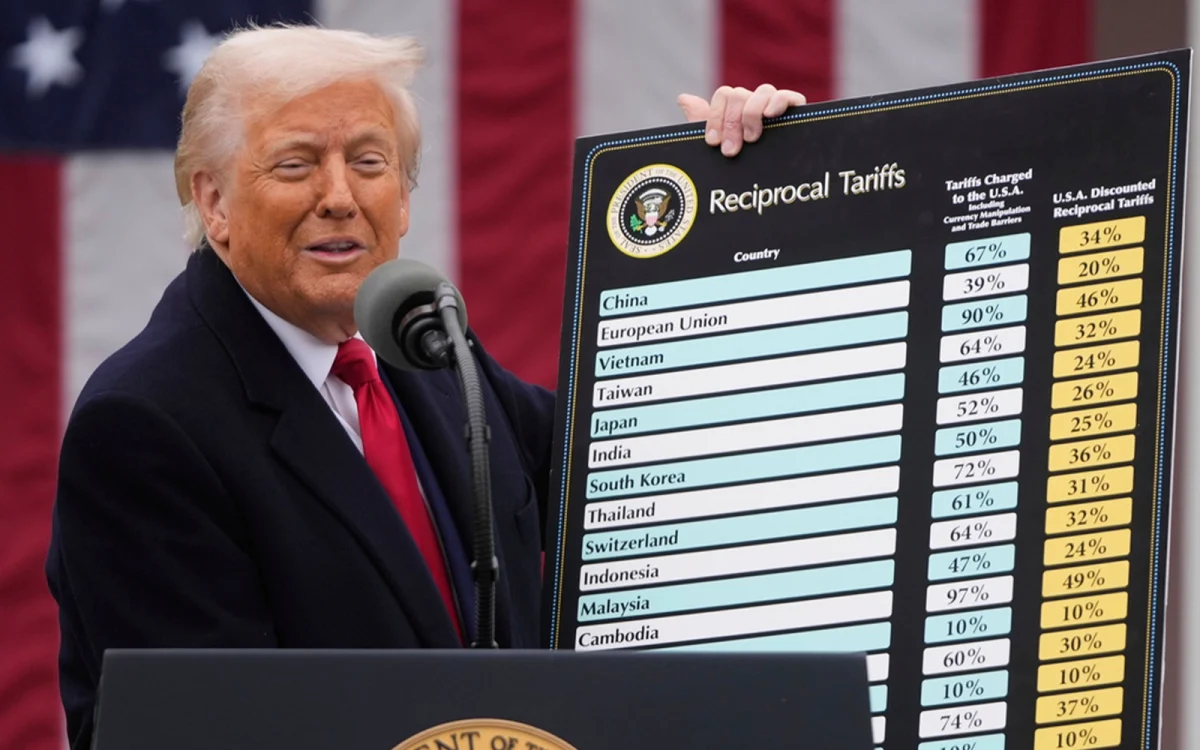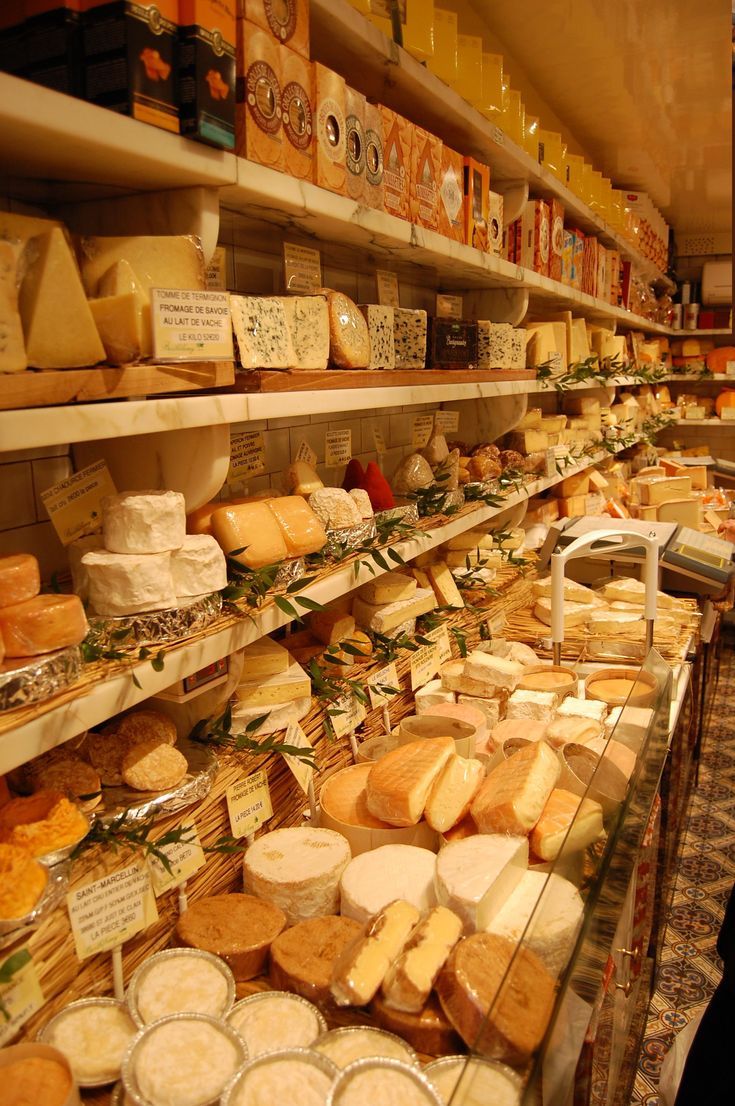Chemicals that are banned in other countries can be found in common grocery store items. Many people may not be aware of this, but chances are, foods they consume on a daily basis may carry chemicals that are banned in other countries. Such products include Frosted Flakes and Mountain Dew. These foods may be very popular, but they still contain chemicals that are not suitable for human consumption, hence why they are banned in other countries.
One food that contains banned chemicals is the candy Skittles. Skittles contain titanium dioxide, a chemical that is repeatedly found in other sweets and processed foods. Titanium dioxide is a white pigment that is responsible for giving foods a smooth texture. This chemical can also be found in the popular candy Nerds, similar to Skittles, is a colorful fruity candy. People might wonder what makes this chemical so dangerous. The answer? There are uncertainties regarding whether this chemical is safe to ingest. Concerns have been made that the food additive might damage DNA, and some have even wondered of the possibility of contracting cancer from this chemical. Even though some foods generally only have around 1% of this chemical floating around, people are still wary of it. Studies have shown that direct exposure to this chemical can irritate the eyes, nose, and throat. This chemical can also very easily irritate the lungs. If inhaled, there is a great chance that a person could contract bronchitis. Who would’ve thought that such a dangerous substance could be found in a well-loved confection?
Frosted Flakes are another example of a food that carries dangerous substances. The well-known cereal contains a preservative known as butylated hydroxytoluene (BHT). BHT is a chemical that is used to preserve foods such as cereal so that they stay fresh longer. In fact, BHT can be found in a lot of Kellogg cereals, not just Frosted Flakes. Examples include Rice Krispies, Froot Loops, Lucky Charms, Cheerios, Apple Jacks, and more. The Food and Drug Administration (FDA) has labeled BHT as “generally recognized as safe.” This isn’t a declaration that the chemical should be ingested, but it’s not a definitive answer as to whether or not it’s safe to consume. However, there is proof that this chemical is not healthy for the human body. Consummation of BHT can cause the liver to enlarge, lungs to inflame, and a decrease in potassium levels.
Unfortunately, those are not the worst effects of ingesting the chemical. BHT can also lead to tumor growths and cause blood clotting to occur. Preservatives may allow the well-loved cereals to stay fresh, but the effects of BHT are really not something to mess around with. It would be in the human population’s best interest if the FDA reopened investigation on BHT.
Finally, there’s Mountain Dew. Mountain Dew is a well-known and loved brand of soda, but this popular brand used to contain the chemical brominated vegetable oil (BVO). Yes, its name may be misleading, but BVO is an actual chemical, and is not safe for human consumption. BVO is a chemical that is most prominently used as a flame retardant on plastics. Flame retardants are chemicals that are designed to prevent fire from spreading on certain products. In this case, the flame retardant, BVO, is used to fireproof plastic products. BVO contains bromine, which easily irritates the skin and can affect the hippocampus when ingested, which results in memory loss, skin irritation, and problems with the nerves. Luckily, as of 2020, Mountain Dew no longer contains BVO in its recipe. However, BVO can still be found in Mountain Dew’s recipe for its “Mountain Dew Throwback” drink. Other popular sodas such as Coca-Cola and Pepsi also have had BVO found in their recipes. But similarly to Mountain Dew, as of 2023, these drinks no longer contain the chemical.
It’s a definite fact that sugary confections such as Skittles, Frosted Flakes, and Mountain Dew undoubtedly have something truly sinister layered beneath the surface. From affecting the hippocampus to the growth of tumors to blood clotting, the chemicals in these well-loved foods should not be messed around with. To buy or not to buy… that is the question.








Andrew Charles • Apr 11, 2025 at 1:38 pm
This article appears to be repeating misinformation. BVO is not in Mountain Dew and has not been for some time. BHT is not used in Frosted Flakes, not even in older ingredients lists.